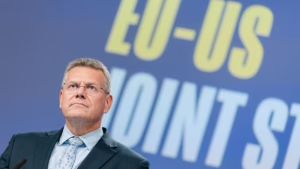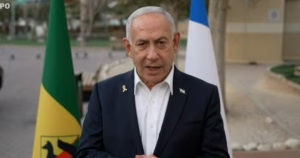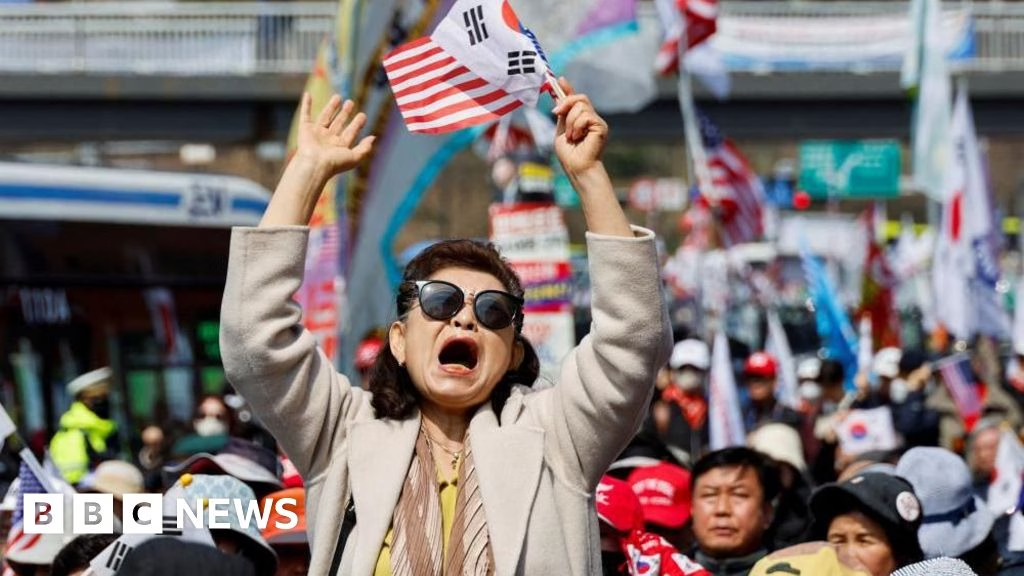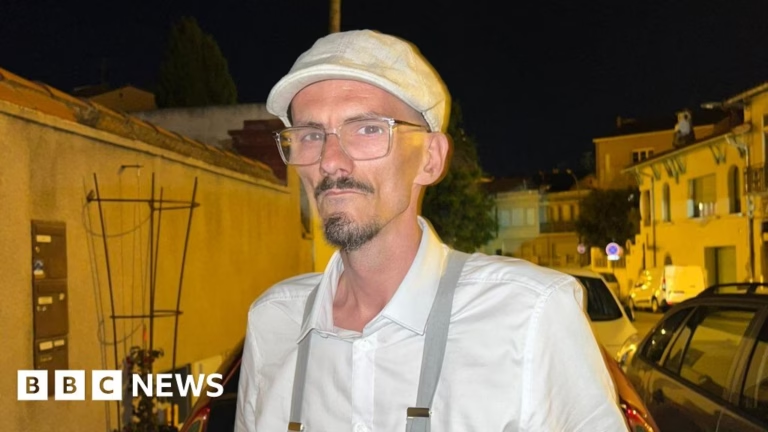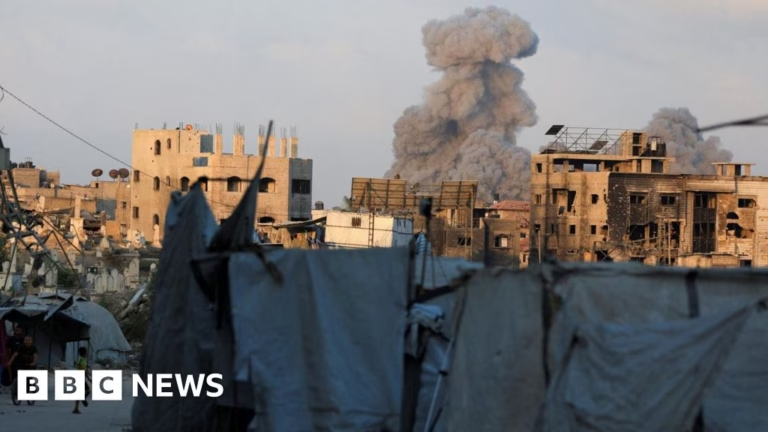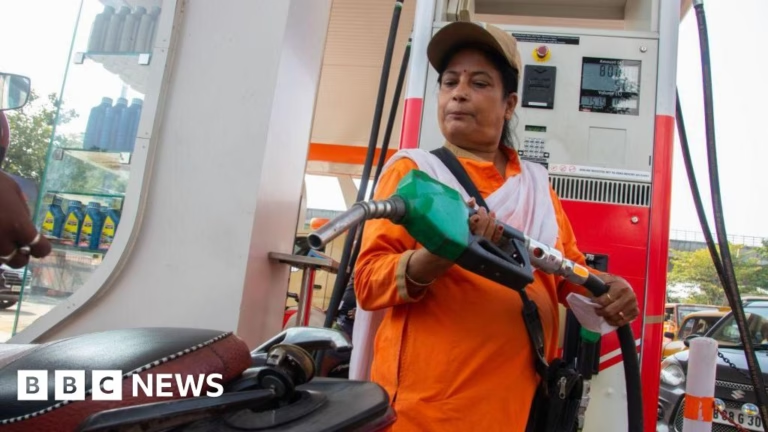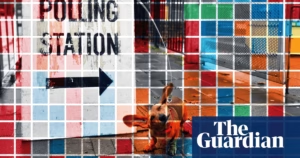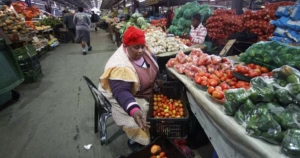Seoul correspondent
South Korea’s president has been removed from office after the Constitutional Court voted unanimously to uphold his impeachment.
Yoon Suk Yeol was suspended from duty in December after being impeached by parliament, following his failed attempt to impose martial law.
The ruling on Friday was met with tears of joy and sadness among Yoon’s critics and supporters, who had gathered in various parts of Seoul to watch the verdict live.
A snap election to vote for Yoon’s replacement must be held by 3 June.
What next for South Korea?
After months of anxiously waiting, South Koreans have some badly needed closure. The country can now start to repair and move forward, the first step being to elect a new leader.
But the crisis Yoon has unleashed is far from over. Although his military takeover only lasted six hours, the political fallout has only intensified with each month that has passed.
The night of 3 December, when Yoon ordered troops to storm parliament, changed something in South Korea’s psyche. It reawakened the ghosts of the country’s violent, dictatorial past, showing people that martial law was not, as most had assumed, consigned to history.
Many are still upset by what happened that night, and afraid that the threat of martial law could be brandished again by future zealous politicians.
The constitutional court was damning in its criticism of Yoon’s authoritarian power grab, as all eight judges voted to remove him from office.
The court ruled that Yoon’s short-lived military takeover of the country was not justified, and that he had “[gone] against the people he was supposed to protect”.
In upholding his impeachment, Moon Hyung-bae, acting president of the eight-men bench, added that the implementation of martial law “damaged people’s basic political rights” and “violated the principles of the rule of law and democracy”.
Already, there are serious calls to change South Korea’s constitution – to strengthen its institutions and limit the powers of the president – to guard against this happening again. However, it will take a particularly patriotic future president to sign off on reducing their own authority.
South Korea more polarised than ever
As Yoon leaves office, he leaves behind not just a shaken country, but a divided one. After the night of 3 December, South Koreans were mostly united in their disgust for the president and his attempt to impose martial law.
But Yoon showed no remorse. He fought his trial at every step, and continued to cling to the same unsubstantiated conspiracy theories that he used to justify his military takeover.
His conspiracy theories have taken root, and far-right extremism is flourishing. Thousands protest every week in the centre of Seoul, claiming the country’s politicians and judges are corrupt and elections are rigged.
More than a third of people now say they do not trust the Constitutional Court while more than a quarter do not trust the voting system.
With South Korea heading to the polls in the next 60 days to choose Yoon’s successor, these days are sure to be fraught and even more divisive. Many may not accept the result that comes.
Yoon’s legal team has accused the court of politicising the ruling. “The whole process of this trial itself was not lawful and unfair,” said one of his lawyers, Yoon Gap-geun.
Yoon’s political party, the PPP, has conceded, but Yoon himself has not. In a statement, he apologised to his supporters for his “shortcomings” without mentioning the ruling.
He cannot appeal, as the decision was made by South Korea’s top court. But, having repeatedly vowed to fight to the end, he could still refuse to go quietly.
How did we get here?
In an unprecedented televised announcement on 3 December, Yoon said he was invoking martial law to protect the country from “anti-state” forces that sympathised with North Korea.
At the time, the embattled leader was in a deadlock over a budget bill, dogged by corruption scandals and several of his cabinet ministers were under investigation.
Less than two hours after Yoon’s declaration, 190 lawmakers who gathered, including some from Yoon’s party, voted to overturn it.
